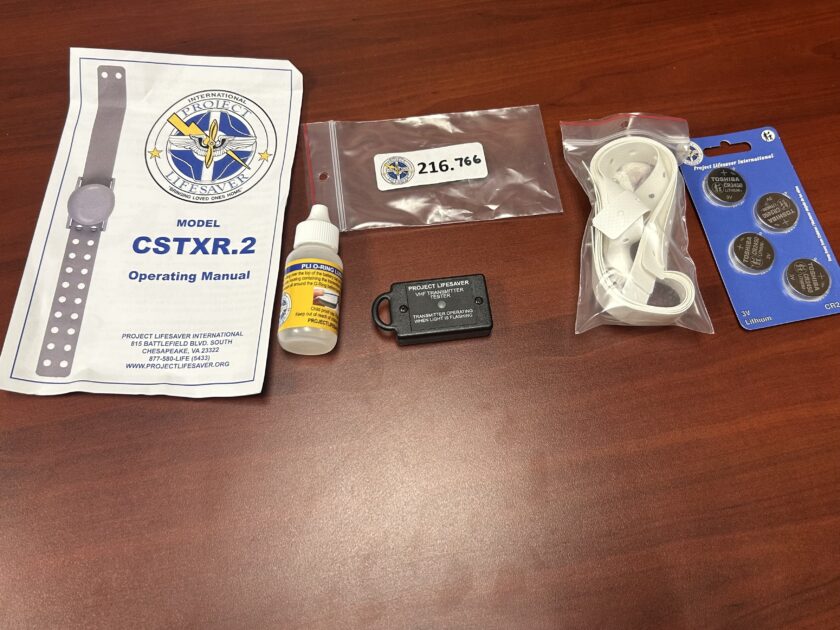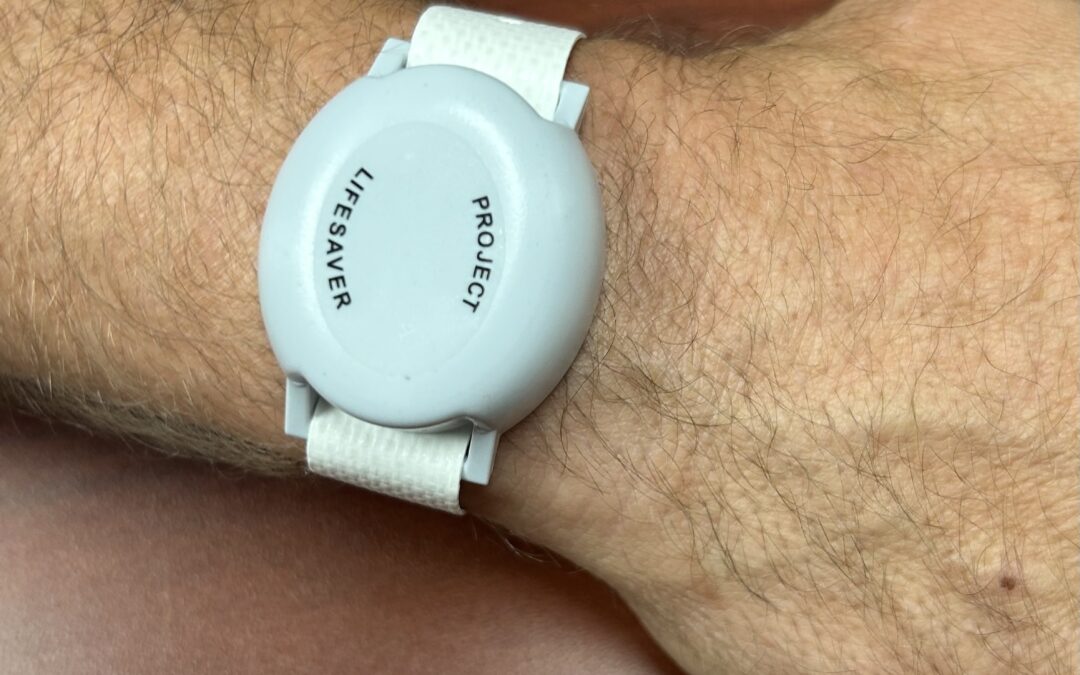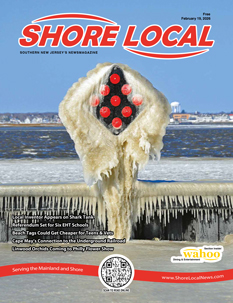Family Tides
Most parents have experienced that moment of panic — looking up and realizing their child has wandered off.
But for parents of children with autism, that fear can quickly become a life-threatening emergency.
Nearly half of children with autism have a tendency to wander or bolt from safe settings, according to a study published in Pediatrics. Accidental drowning accounts for 71% of lethal outcomes, followed by traffic injuries at 18%, according to the National Autism Association.
In Atlantic and Cape May counties, the Project Lifesaver program has been critical in locating missing individuals. The international search and rescue program is run by public safety agencies to help find at-risk individuals prone to wandering, including children with autism, adults with dementia or Alzheimer’s disease and others with cognitive conditions.
Yet some families may not know the program exists or its availability.
Atlantic County Sheriff Joseph O’Donoghue said he recently attended a FACES 4 Autism event and was surprised that some attendees weren’t aware of the program. Or in some cases, he said that “they’d heard about it or didn’t know the details or where to get it.”
In both counties, the device is offered at no cost and is donation funded.
“It uses radio tracking technology to help locate people who are flight risks and also are on the autism, dementia and Alzheimer’s spectrums,” explained Dustin Phillips, a sergeant with the Cape May County Sheriff’s Office K-9 unit. “Each loved one wears a device on their wrist or ankle that’s the size of a smartwatch and emits a specific radio signal that can be tracked using specialized equipment.”
If an enrolled person goes missing, caregivers call 911. Dispatchers will then access their profile and tracking frequency, and officers begin the search.
K-9 Officer Joe Kleinow with the Atlantic County Sheriff’s Office said the county currently has 96 enrollees, most of them children.
“It’s important for a bunch of reasons, but one is that kids gravitate toward water. So, if we get there fast enough, we get them before they get into the water, neighbors’ pools, lakes — I’ve been doing it since 2007. I’ve got hundreds of finds. It makes you feel good when you find them, especially a kid,” Kleinow said. “It’s a very good program, though. The more people that know about it, the better.”
Though some missing persons cases end in tragedy, both Atlantic County and Cape May County sheriff’s offices say they’ve recovered every Project Lifesaver enrollee who has gone missing.
Just last week, the officers in Atlantic County were out three times.
“They’re out all the time,” O’Donoghue said. “They were all good recoveries.”
Recovery times for Project Lifesaver agencies average 30 minutes, which is 95% less time than standard operations without the program, according to the organization’s website.
“We get the call, we get dressed, we go out within 30 minutes and we pretty much find them. If we don’t find them within the hour, then we call in extra bodies and more support,” Kleinow said. “If they’re in the woods, we’re going in the woods. If they’re in the water, we’re going in the water. Whatever we have to do.”
Beyond having a qualifying diagnosis, eligible individuals typically require full-time care.
“Historically, it’s been a great program for this county,” Phillips said. “Thankfully, we have not had anyone go missing where we’ve had to deploy equipment in probably a calendar year, which is an amazing thing. We really try to step up other suggestions, too.

Both sheriff’s offices said they meet with families in person during enrollment to walk them through the device and offer preventive safety tips, like installing door alarms. As Kleinow puts it, Project Lifesaver is an “extra tool in the belt.”
“We show them how to put everything together,” said K-9 Officer Matt Richardson with the Atlantic County Sheriff’s Office, noting enrollees initially receive a six-month supply and are instructed on how to maintain the device.
Getting to know participants personally can also help during recoveries. Kleinow recalled one case where he found someone two towns over at their former workplace.
“We get to know these clients. We meet them personally. We go over things. We find out what they like,” Kleinow said. “We know how to adjust and talk to them.”
With more than 600 participating agencies nationwide, he said they can also coordinate with other departments if an enrollee travels.
A common misconception is how the technology works, as the device does not use GPS.
“This is not something where we can just pull up a monitor or tablet and say, ‘This is where they are.’ This is a tracking device,” Richardson explained.
But when every second counts, this program has delivered.
Phillips recalled a case where a woman went missing in 19-degree weather in February and was found a few miles from her home.
“Maybe six months after that, I received a phone call from her husband saying that his wife had passed away and he just said, ‘I need to thank you for that night because you gave me six more months with my wife because without this program, my wife would have frozen to death, and I would not have had the last six months,’” Phillips said. “It will probably go down as the most impactful moment of my career.”
For more information on the program in Atlantic County, call 609-909-7241. For Cape May County, call 609-465-1306.
To support Project Lifesaver, donations can be made to the Cape May County Sheriff’s Office or to the Friends of the Atlantic County Sheriff’s Office, a nonprofit which provides training, resources and equipment, at friendsofACSO@gmail.com or call 609-909-7283.
Madison Russ is an award-winning journalist, copy editor and adjunct professor of communication based in Atlantic County. An Ocean City native, Madison is passionate about telling stories that matter to locals, often spotlighting nonprofits and exploring the area’s vibrant arts scene.


















